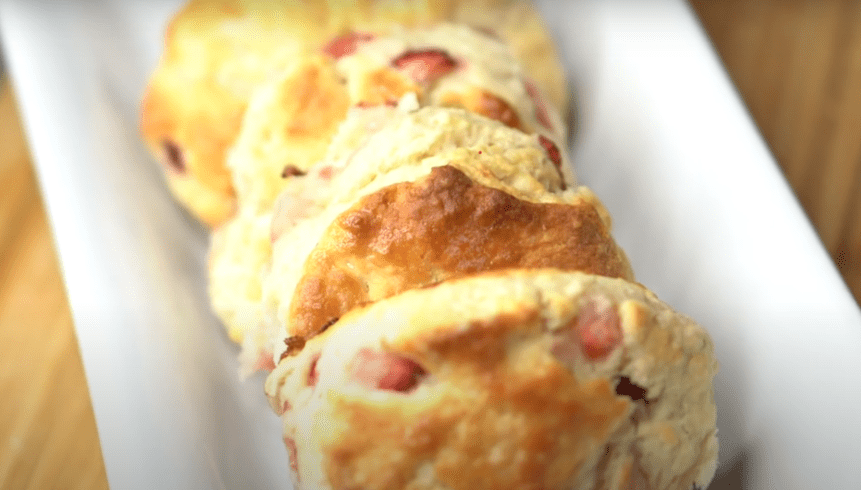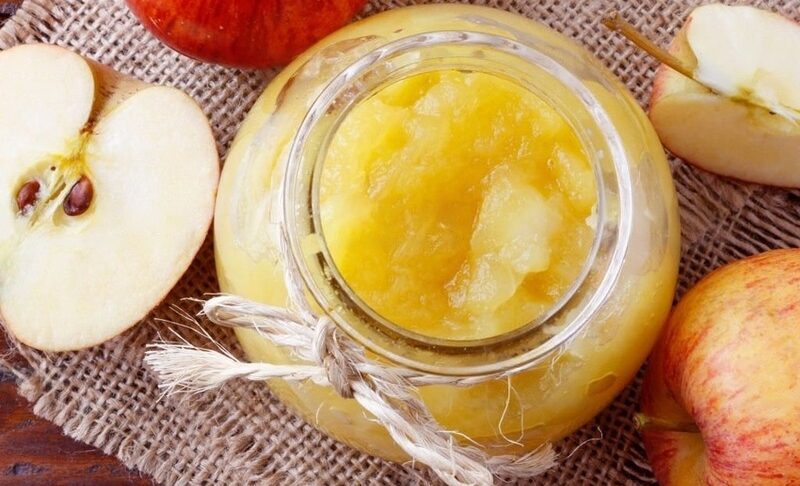Blueberries, known for their delectable taste and health benefits, are a summer delicacy cherished by many. The short-lived blueberry season often leaves us craving their goodness for the rest of the year. But what if there was a way to prolong that delight? Freez blueberries offer a fantastic solution to preserve their flavor and nutritional value. In this comprehensive guide, we will take you through the step-by-step process of freezing fresh blueberries, address common queries, and provide valuable tips and tricks to guarantee that your frozen blueberries maintain their sweet, just-picked flavor.

How to Freeze Blueberries in Detail
Preserving the sweet essence of blueberries through freezing is a simple process that demands minimal equipment and effort. Let’s embark on a step-by-step journey to master this technique:
Ingredients and Equipment:
- Fresh blueberries
- A baking sheet
- Parchment paper or a silicone baking mat
- Freezer-safe containers or zip-top bags
- A colander or sieve
- A kitchen towel or paper towels
Step 1: Selecting and Prepping the Blueberries
1. Start by picking or purchasing fresh, ripe blueberries. Ensure they are firm and free from any mold or mushy berries.
2. Rinse the blueberries in cold water using a colander or sieve. Gently shake or tap off excess water.
3. Place the rinsed blueberries on a clean kitchen towel or paper towel to air dry. Ensure they are fully dry before proceeding to the next step.
Step 2: Pre-Freezing the Blueberries
1. Cover a baking sheet with either parchment paper or a silicone baking mat. This step serves to keep the blueberries from adhering to the tray.
2. Distribute the dry blueberries evenly on the baking sheet, taking care to prevent them from touching each other. This prevents clumping during the freezing process. This precaution helps prevent them from forming clumps during the freezing process.
3. Put the baking sheet in the freezer and let the blueberries pre-freeze for approximately 1-2 hours, ensuring they become firm but not entirely frozen.
Step 3: Packing and Storing
1. Once the blueberries are pre-frozen, transfer them to freezer-safe containers or zip-top bags. Make sure you remove as much air as possible to safeguard your blueberries from freezer burn. This step is vital to maintain their quality during storage.
2. Label the containers or bags with the date and the amount of blueberries in each. This practice will assist you in maintaining a clear record of their freshness and quantity.
3. Store the frozen blueberries in the coldest section of your freezer, ideally maintaining a temperature at or below 0°F (-18°C). This ensures they remain in prime condition.
Step 4: Using Frozen Blueberries
1. When you’re ready to utilize the frozen blueberries, just measure out the quantity you require. You can use them directly from the freezer in most recipes, whether it’s for smoothies, baking, or as a topping.
FAQs
Do I need to Wash the Blueberries before Freezing them?
Indeed, it is essential to rinse the blueberries before freezing them. This process effectively removes any dirt, debris, or residues, ensuring that the berries are clean and safe for consumption at a later time.
Can I Freeze Blueberries without pre-freezing them on a Baking Sheet?
Pre-freezing on a baking sheet helps prevent the blueberries from sticking together. While you can skip this step, you might end up with a clump of frozen berries that are difficult to separate.
How long can Frozen Blueberries be stored?
You can store frozen blueberries for 6-12 months, but for the finest quality and flavor, it’s recommended to use them within the initial 6 months.
Is it possible to substitute Frozen Blueberries for fresh ones in recipes?
Frozen blueberries can be used as a substitute for fresh blueberries in the majority of recipes. However, keep in mind that they may release a bit more moisture during cooking or baking, so you might need to adjust the recipe slightly.
Why You Can Trust Me
I’m passionate about sharing practical tips and information on food preservation, and I’m backed by thorough research and expertise in the field of culinary arts and food safety. The information provided in this guide is based on best practices for freezing blueberries to ensure that you can enjoy their freshness and flavor all year long. By following these steps, you can enjoy the bounty of blueberries well beyond their peak season, whether you’re making blueberry pancakes on a summer morning or a warm blueberry pie in the heart of winter. So, go ahead and stock up on this antioxidant-rich fruit while it’s in season, and follow our guide to keep your blueberries as fresh as the day they were picked. Happy freezing!

